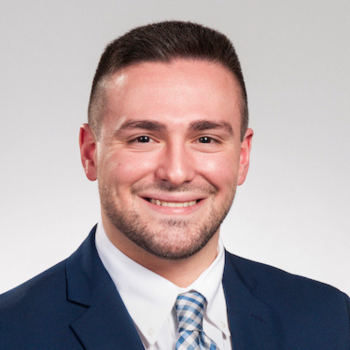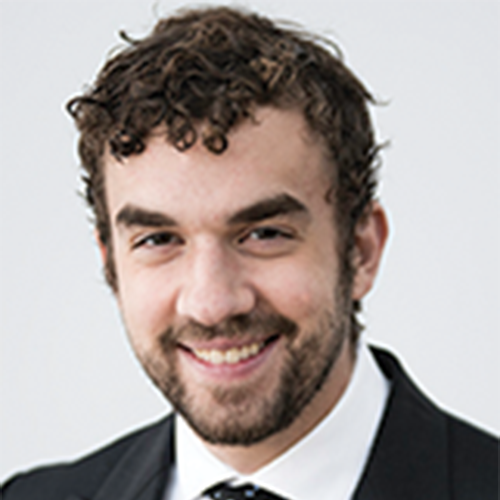
National Institute on Drug Abuse Clinical Trials Network Dissemination Initiative Mentor-Facilitated Training Award
Quick Info
Application Opens:
June 1, 2025
Informational Webinar:
TBA – new date and time coming soon!
Application Deadline:
September 2, 2025
Notification of Award:
December 1, 2025
Program Orientation:
January 20, 2026
Funding Period:
January 1, 2026 – December 31, 2026
ACMT is proud to continue its partnership with NIDA on this opportunity for fellows and residents
$10,000 Mentor Facilitated Training Award
The National Institute of Drug Abuse (NIDA) Clinical Trials Network (CTN) Dissemination Initiative (DI) aims to reduce the gap between the publication of research on the treatment of substance use disorders (SUD) and implementation in clinical practice. It incorporates collaboration among clinicians, researchers, and experienced trainers and is utilized to develop user-friendly tools and products to facilitate the adoption of research-based interventions into clinical settings.
The NIDA CTN DI Mentor-Facilitated Training (MFT) Award is a key component of the SUD research dissemination effort. Through Sponsor Partnerships with professional healthcare organizations including ACMT, the MFT awardees choose experienced mentors to develop and implement a one-year SUD dissemination project. By leveraging published research, awardees develop tools and resources that contribute to the broader understanding and use of evidence-based approaches, skills, and treatments in SUD care.
Throughout the year, MFT awardees engage with SUD experts and cohort peers, present updates at virtual meetings, and showcase their work at the annual NIDA CTN Steering Committee meeting. They are encouraged to submit a manuscript for publication in a peer-reviewed journal, further cementing their contributions to the field. Additionally, the program fosters career development after the award year by inspiring participants to pursue clinical roles in evidence-based SUD management or embark on independent research endeavors, benefiting their patients, colleagues, and communities.
The goals of the award are:
1. Promote the dissemination of SUD research findings.
2. Increase utilization of evidence-based SUD treatment among healthcare providers.
3. Facilitate the professional growth and development of future clinician leaders in SUD management.
PLEASE NOTE, THIS IS NOT A GRANT AND FUNDS CANNOT BE USED FOR RESEARCH.
The budget consists of up to $10,000 for the awardee stipend and $2,000 for the mentor stipend. Funds may be used for educational and resource materials/courses related to your project and travel to the ACMT Annual Scientific Meeting & Symposia and the NIDA CTN Annual Steering Committee Meeting.
All applications are to be completed online through the below link. When completing the application, please select “American College of Medical Toxicology” on the Sponsor Affiliation drop-down.
Award Recipients

Nicholas Imperato, DO
Resident, Rutgers New Jersey Medical School
Project: “From Screening to Treatment: Developing a Curriculum to Educate Emergency Medicine Physicians on Alcohol Use Disorder and Initiation of Naltrexone in the Emergency Department”

Matthew Dernbach, MD
Fellow in Training
Emory University School of Medicine
Project: “Utilizing a Medical Humanities-Driven Curriculum to Teach Substance Use Disorder Content”

Anthony Spadaro, MD
Fellow in Training
Rutgers New Jersey Medical School
Project: “Demystifying Xylazine: Improving the Care of Patients by Educating Emergency Medicine Providers”
Publications:
Critical Decisions in Emergency Medicine, Volume 39 Number 5: May 2025
